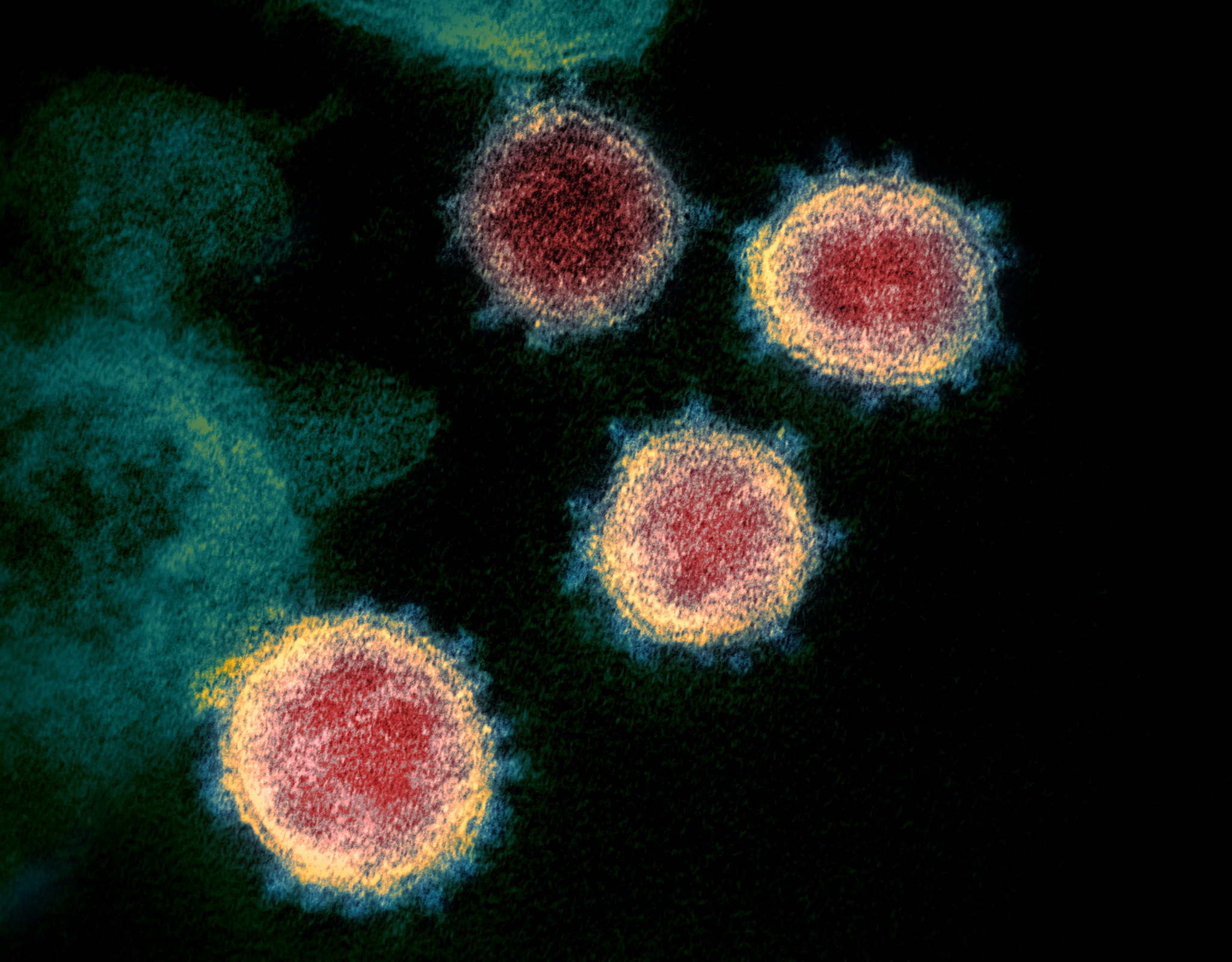Jury still out on IL-6 drugs in COVID-19 following preliminary trial results

There is a growing body of evidence that already-approved IL-6 could be used as treatments for COVID-19 following newly published clinical trial data – but the jury is out on whether they could be licensed in the new use until larger trial results are published in the coming weeks.
Sanofi’s Kevzara (sarilumab) and Roche’s Actemra/RoActemra (tocilizumab) are antibodies targeting IL-6 and work by damping down the overactive immune system in certain diseases such as rheumatoid arthritis.
The rationale for using them in COVID-19 is that patients who have become severely ill have developed an immune system overshoot that begins to overwhelm the patient’s own body instead of the virus.
There are no drugs approved to treat COVID-19 and a pressing need to find drugs that could aid patients with their recovery and take pressure off health systems, as well as vaccines to confer immunity.
Studies have been hastily put together to test the IL-6 drugs against COVID-19, and the first results from mid-stage studies have become available.
The news from Kevzara is mixed: the placebo-controlled trial was split into “severe” and “critical” patient groups and in phase 2 the drug produced negative trends in patients with severe disease, and positive trends for all outcomes in those who were deemed to be in a critical condition.
Sanofi and Regeneron conducted a review of the discontinued “severe” group that revealed the negative trends in the phase 2 were not reproduced in phase 3, and that clinical outcomes were balanced across all treatment arms.
Outcomes measured included a seven-point clinical scale ranging from death to discharge from hospital.
The companies said they would continue to test high doses of Kevzara only in those who are considered critically ill with COVID-19.
Evidence grows for Actemra in COVID-19
Results from Roche’s Actemra came from an independent French study conducted at the Assistance Publique-Hôpitaux de Paris involving 64 patients receiving Actemra plus standard care and 65 receiving standard care.
Detailed results have not been published but the trial’s primary objective was met demonstrating a significantly lower proportion of patients in the tocilizumab arm who died or required ventilation compared to the standard care arm.
Representatives from Roche noted that while the “body of anecdotal evidence” about Actemra is growing, a more definitive answer will come in the coming weeks when the company’s own phase 3 study reports outcomes.
Roche is in an unusual position as doctors began putting together their own trials of Actemra together in the rush to find therapies for COVID-19 before the pharma began its own studies.
At the beginning of April Roche began enrolling patients in the global randomised, double-blind, placebo-controlled phase 3 COVACTA clinical trial to evaluate the safety and efficacy of intravenous Actemra plus standard of care versus placebo plus standard of care in hospitalised adult patients with severe COVID-19 associated pneumonia.
A Roche spokesperson said that COVACTA will “provide robust evidence about the benefit risk profile of tocilizumab for patients hospitalised with severe COVID-19 pneumonia.”
Actemra is also one of several potential COVID-19 drugs being tested on the RECOVERY trial in the UK, which has already signed up several thousand patients with the disease.
The Swiss pharma said it had been working in partnership with UK authorities on the trial, one of the largest attempting to find potential new COVID-19 drugs.
Dr Rav Seeruthun, Medical Director, Roche UK said “It is fantastic to see academic institutions, research institutions and the pharmaceutical industry come together in a way never seen before; all uniting to quickly find solutions to treat and overcome the impact of COVID-19 infection.”
Feature image: Rocky Mountain Laboratories/NIH












